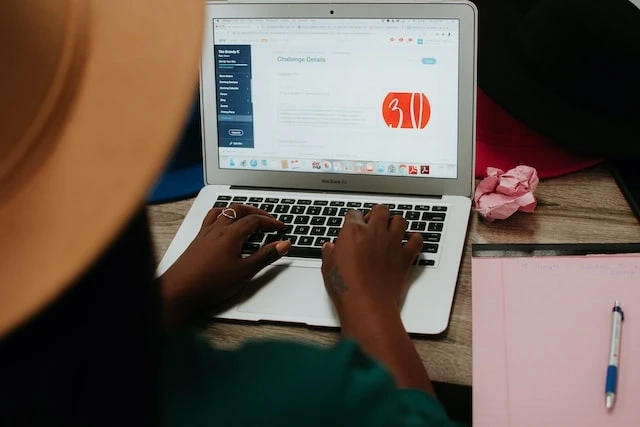Most people can earn interest on their investments without paying taxes on it. There are three major tax breaks that may lower (or even eliminate) any tax you would otherwise pay:
Your Individual Allowance
The initial savings rate
Allowance for Personal Savings
These allowances are available for each tax year, from April 6th to April 5th of the following year. The amount you are entitled to is determined by your other sources of income. If you receive interest that exceeds your allocated allowances in any tax year, you must pay Income Tax on the excess at your customary rate.
Allowance for Personal Use
If you haven't spent up your Personal Allowance on other income, you can use it to earn tax-free interest (for example your wages or pension). The current standard Personal Allowance is £12,750. Personal Allowance may be reduced for some people having a total income of more than £100,000 per year.
Savings rate of entry
Some people can also receive up to £5,000 in interest without paying tax on it. The amount of the allowance is determined by your other sources of income. If your other income exceeds £17,570, you will not be eligible for the starting rate of savings.
If it is less than £17,570, you are eligible to a maximum beginning rate of £5,000 for savings, depending on the level of your other income. Every £1 you earn above your Personal Allowance reduces your starting savings rate by £1.
So, if you make £17,000 in salary, your Personal Allowance will cover the first £12,570 of your earnings. The remaining £4,430 from your pay reduces your starting savings rate to £570. This means you can earn up to £570 in interest without paying tax on it.
Allowance for Personal Savings
The majority of people are also eligible for a Personal Savings Allowance of up to £1,000. The amount of Personal Savings Allowance available to you is determined by the highest rate of UK Income Tax you pay.
Your Personal Savings Allowance is £1000 if you do not pay higher or extra rate income tax. Your allowance is £500 if you pay tax at the higher rate (but not the additional rate). You are not now eligible for a Personal Savings Allowance if you pay additional rate tax on your income.
Do you pay taxes?
Smart Savings interest is paid in full, without any deductions for taxes.
When does tax become due?
When interest is made available for withdrawal, it becomes taxable. Although interest is generated and credited to your balance annually for most fixed rate bonds, interest is actually paid out at maturity, therefore the interest earned is taxed in the tax year in which the product matures. Details on how and when interest is paid can be found in the product details on our Marketplace.
How do I pay any taxes that are owed to me?
Banks and Building Societies must disclose to HM Revenue & Customs all untaxed interest paid out after the end of each fiscal year. If you are employed or get a pension, HM Revenue & Customs will usually modify your tax code so that you automatically pay tax on any interest.
If you file a Self-Assessment Tax Return, you must include any interest earned on savings. If you get interest on money you've placed with Smart Savings, we'll send you a statement immediately after the end of the tax year to assist you.



